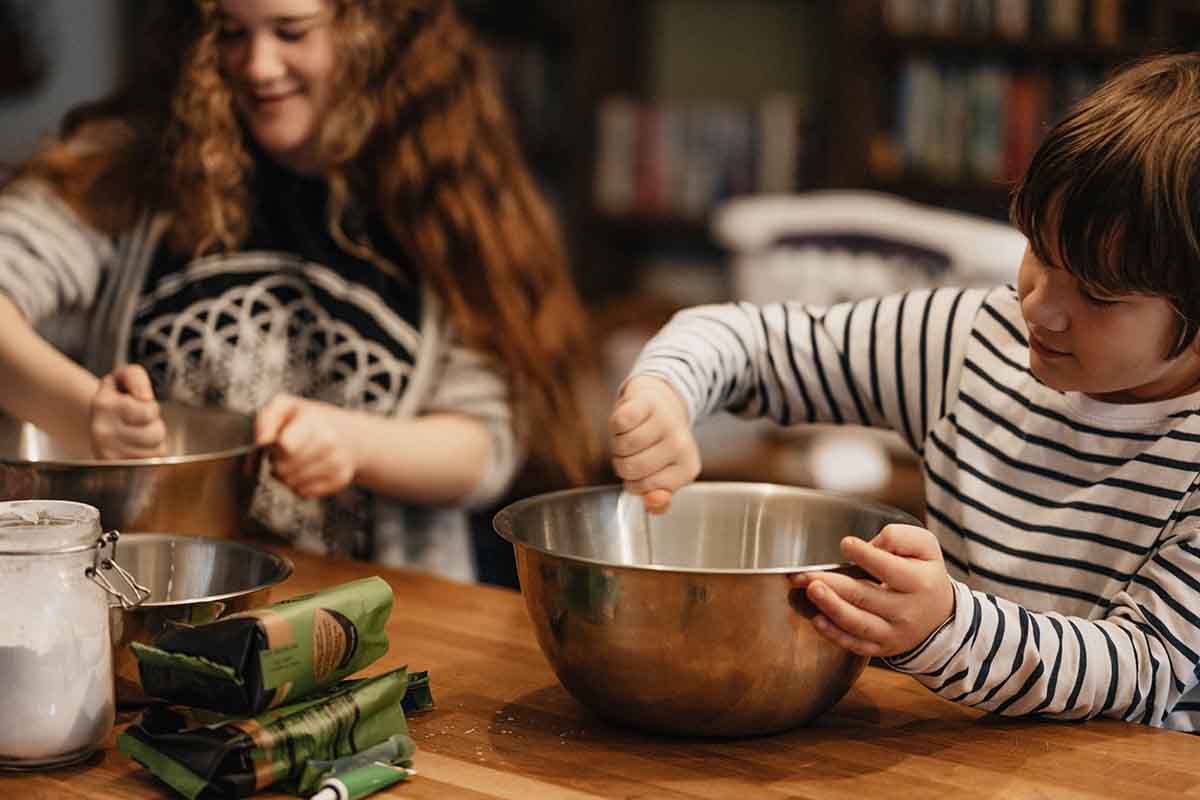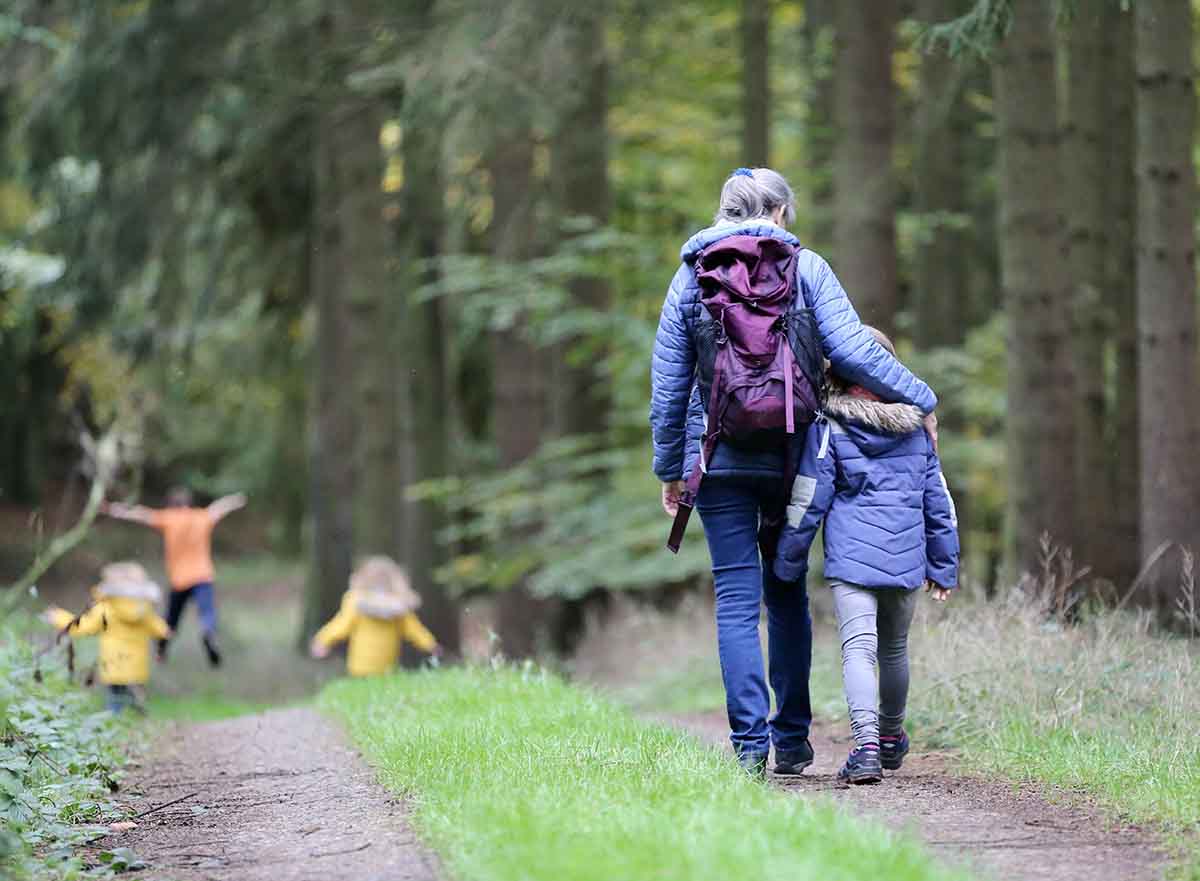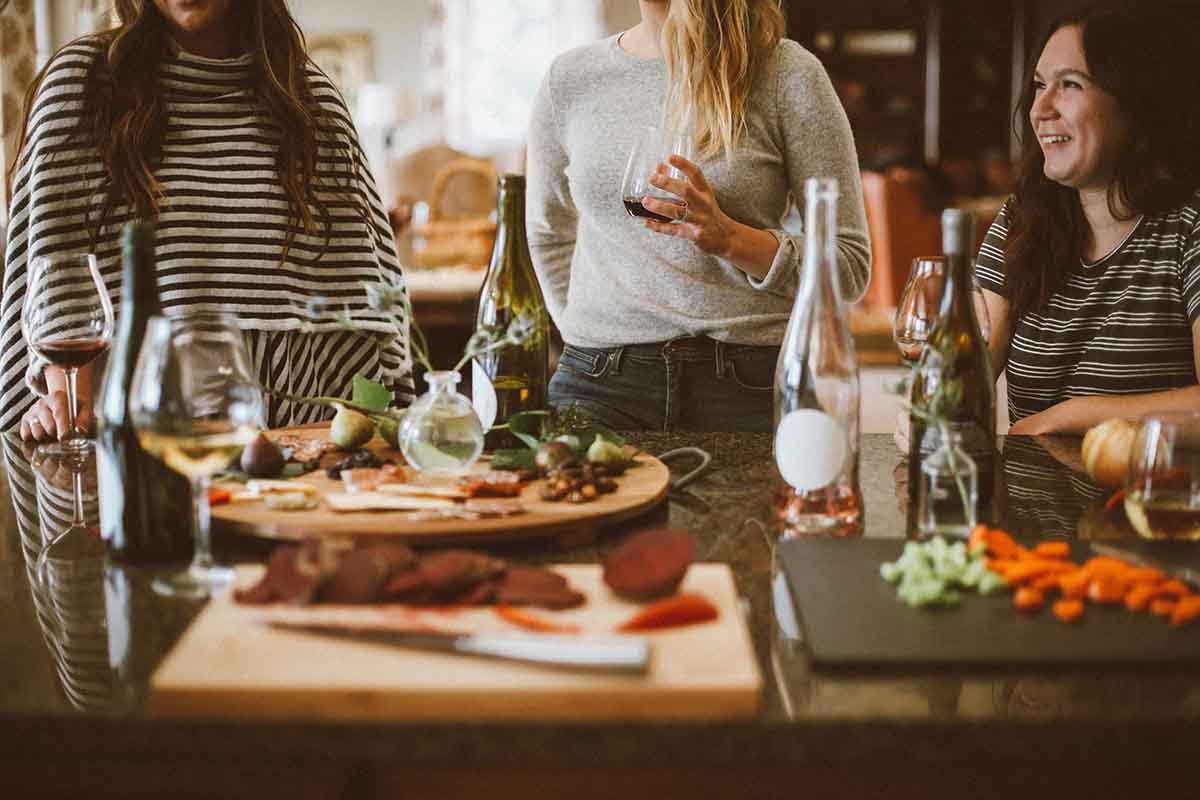
Almost two centuries ago, Charles Dickens finished writing ‘A Christmas Carol.’ In this story, the cantankerous old Ebenezer Scrooge is visited by the ghosts of Christmases past, present, and future, and he decides to change his attitude for fear of what tomorrow might hold.
If Charles Dickens had written this famous novel today, it is likely that the ghost of Christmas future would warn us about a world marked by climate change, inequality in access to energy, and the difficulty in maintaining the level of consumption to which we have gradually become accustomed.
To avoid this – without being visited by any ghosts in the night – many families have opted to save energy and adopt a more sustainable lifestyle, especially in times of high consumption, such as the holidays. This year, in addition to saving money and supporting the environment, there’s another good reason to add: preventing shortages and not leaving anyone without power at Christmas.
Here are ten steps to saving energy this Christmas that will both your wallet and the planet will notice:
1. Choose gifts thoughtfully

Wrap presents with recycled paper. Samuel Holt (Unsplash)
Ads, sales, the need to give an even better gift than last year’s, and the obligation to be thoughtful for friends, family, and even work colleagues. Christmastime brings lots of pressure to get products whose production, transportation, and sales all entail a significant energy expenditure.
To save the planet, it is best to buy only useful, good-quality products that are going to be used and that can last for many years. Another way to reduce the environmental impact of gifts is to reduce packaging. Did you know that all the wrapping paper used in the United Kingdom at Christmas could go around the Earth 25 times?
2. Rethink the ingredients on your menu
Choosing local, seasonal food that especially has a lower carbon footprint is essential for limiting energy expenditure during the holidays (and for the rest of the year). Animal products generally require increased energy expenditure, and they generate more greenhouse gas emissions than plant-based products.
So our dishes should have less meat and more fruits and vegetables to reduce our energy footprint. While it may seem like a small gesture, it isn’t: a quarter of the greenhouse gas emissions released into the atmosphere every year come from the food sector. That means every dish counts.
3. Cooking efficiently

Family cooking. Annie Sprat (Unsplash)
Big family meals and parties waste a lot of time and energy in the kitchen at Christmas. Some of the most interesting tips to reduce both of these are to prepare more than one dish at a time (taking advantage of the heat from the stove or oven), always covering pots, so heat isn’t lost, and using pressure cookers more.
4. Paying attention to other household appliances
It is estimated that, on average, Spanish households allocate 18% of their electricity consumption to keeping the fridge and the freezer cold. Therefore, setting these appliances at the recommended temperature and not lowering it, even at times when they are more crowded, helps reduce energy expenditure. Not using the dishwasher until it is full and choosing the eco setting also helps lower your electricity bill – and its impact on the planet.
5. Using energy-efficient lighting

Christmas tree with LED lights. Alisa Anton (Unsplash)
Committing to LED lighting is one of the simplest, most efficient steps to reducing energy expenditure in homes during Christmas. To bring a warmer touch to decorations, candles can also be used instead of electric lights.
6. Turn off the lights when not in use
In many homes, the trees and nativity scenes remain lit all day – and even all night. By turning them off, energy consumption is reduced, and light pollution is also prevented. This affects the way we rest and the well-being of many species. One option is to program these lights to switch on and off with smart sockets.
It is also important to prevent energy vampires or ghosts: there are many ways to refer to devices’ consumption when they are not operating but are still connected to the grid. It is calculated that this usage may account for up to 10% of the total use of household appliances.
7. Turn the heat down by one degree
When a lot of people gather in a house and cook for hours, the heating is likely not necessary or may be lowered by a couple of degrees. We have to avoid doing the opposite: according to the ‘Practical Guide to Energy’ from the Institute for Diversification and Energy Saving (IDAE), for every degree, we turn up the heating, energy consumption increases by 7%.
8. Enjoying outdoor activities

Family walking in the forest. Juliane Liebermann (Unsplash)
Taking a walk in the forest, on the beach, or even in the city, weather permitting, is a healthy, non-polluting option. It is also a very easy way to avoid falling into the temptation of Christmas consumption.
9. Planning your trips
This is another one of the simplest and, at the same time, most efficient tips to reduce our environmental impact. After walking or biking, the train is the mode of transportation that requires the least energy and emits the least greenhouse gases per passenger.
Traveling by train emits 14 grams of CO2 per passenger per kilometer, while planes are 88 grams for the same. By car, it is estimated that 104 grams of CO2 would be emitted for every 1.5 passengers and every kilometer traveled.
10. Sharing these tips

Conversation between friends. Kelsey Chance (Unsplash)
Sharing tips on how to reduce energy consumption is much more important than we often think. According to a survey conducted by Kantar in 2020, when we talk about our ideas on the environment and sustainability, we pay more attention to our closest circle than other sources, such as the media, politicians, or influencers.
So, this year, everyday conversations between friends and family can become the real engines of change to celebrate a cleaner and more sustainable Christmas.
Main image: Bruno Martins (Unsplash)





There are no comments yet